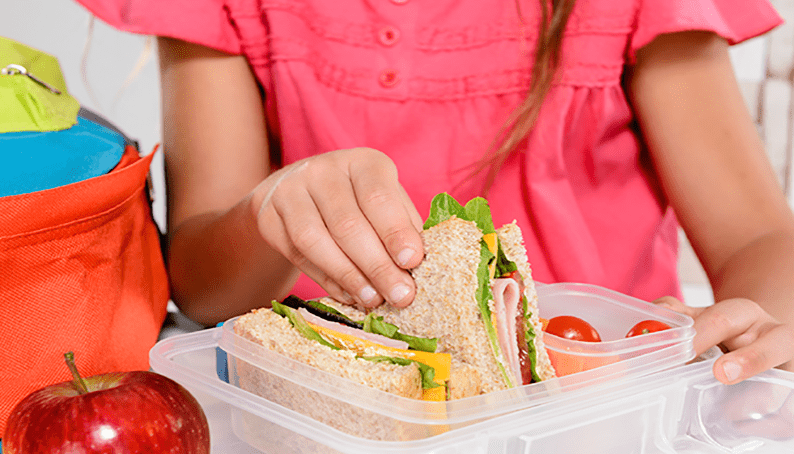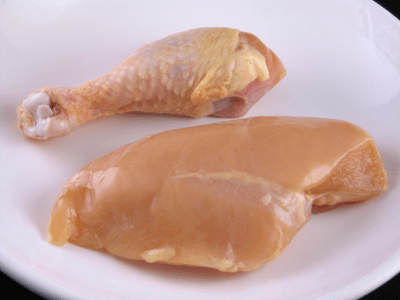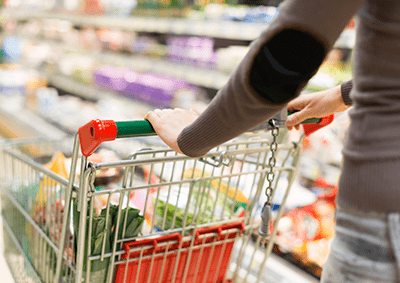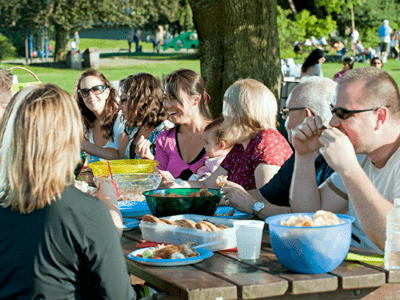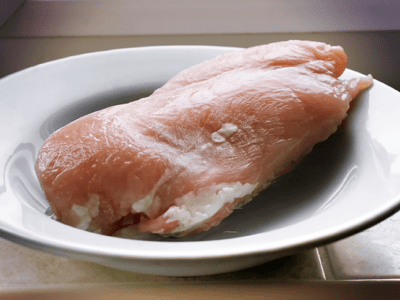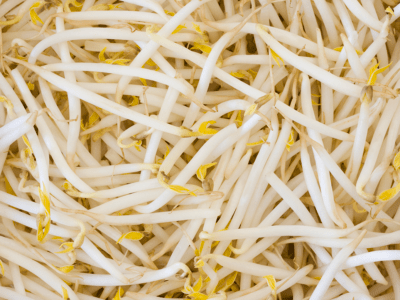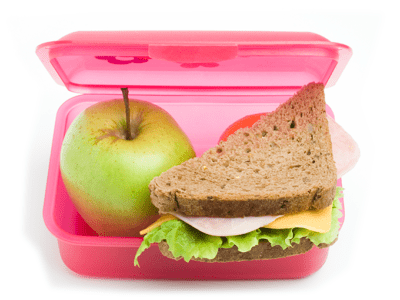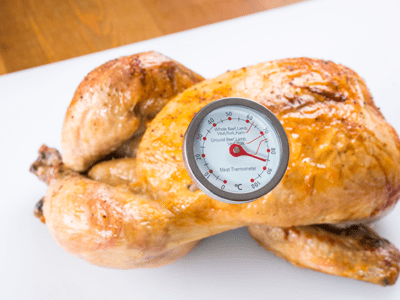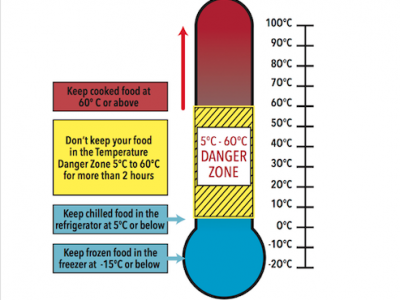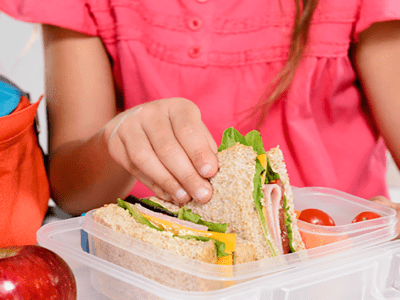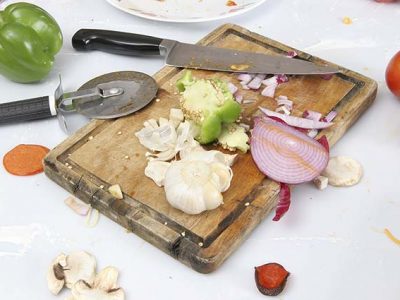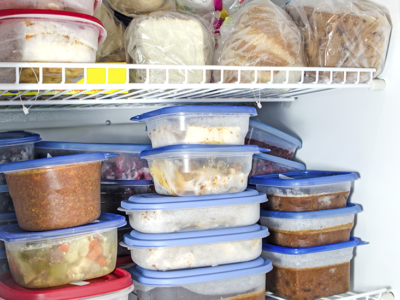About Us
The Food Safety Information Council is a health promotion charity and a national voice for science-based, consumer-focused food safety information in Australia. We aim to reduce the estimated 4.67 million cases of food poisoning in Australia each year that result in 47,900 hospitalisations, 38 deaths and a cost to the economy of $2.1 billion.
Australian Food Safety Week 9 to 16 November 2024
Latest report card on Aussie handwashing – blokes still need to do better! Global Handwashing Day 15 October 2024
Food safety tips – Poultry
Chicken is a healthy, convenient meal and is Australia’s...Shopping and storage food safety
Strict food safety standards apply to food retailers in...Elderly neighbours and relations – preparing food
It’s great to help out those in the community...Entertaining family and friends
Entertaining is fun especially during Christmas and the holiday...Is it food poisoning?
Food poisoning is caused by bacteria, viruses or toxins...Common food poisoning myths
Six common food poisoning myths that can be busted...Sprouts
Problems with contaminated bean and seed sprouts in Australia...Work and school lunch safety
Packing a lunch for yourself or your child is...Meat thermometers
How to cook meat and poultry safely Whole pieces...Temperature Danger Zone
The temperature range between 5°C and 60°C is known...Keeping lunchboxes safe
Packing a lunch for yourself or your child is...Our health is in our hands!
Always wash your hands before handling food and after...Cross contamination
What is cross contamination? Cross contamination occurs when bacteria...Fridge and freezer food safety
According to recent research, most Australians don’t know that...
Parasites in Foods – National Science Week 10 – 19 August 2024
Food safety toolbox
Food poisoning be prepared
Food Safety Tips at a Glance
Clean
Chill
Cook
Separate
Our health is in our hands!
Clean hands will decrease the possibility of food poisoning and other diseases markedly.
Remember the 20/20 rule: wash hands for 20 seconds with warm soapy water dry hands for 20 seconds before starting to cook repeat frequently especially after handling raw meats, or vegetables with visible soil. Wash utensils and cutting boards with soap and warm water, and dry thoroughly, before handling different sorts of foods. This is particularly important when dealing with raw meats and vegetables.
Food that is meant to be kept chilled should be!
As soon as possible after purchase meat, poultry, dairy foods, vegetables, salad ingredients, etc should be refrigerated at or below 5ºC. Sounds easy but often food is left in hot cars or put in refrigerators that are not cold enough. A fridge thermometer should be used to make sure the temperature is at or below 5ºC. The temperature should be adjusted in line with changing seasons and the amount stored. Refrigerate leftovers promptly. Cooked food should be stored in covered containers and either put in the fridge to cool, or frozen immediately. Frozen foods should be defrosted in the fridge NOT on the kitchen bench. If in doubt, throw it out!
Properly cooking food minimises the risk of food poisoning
Cook chicken, minced or boned meats, hamburger, stuffed meats and sausages right through until they reach 75°C using a meat thermometer. Serve hot food steaming hot above 60ºC. Defrost frozen poultry and rolled and stuffed meats thoroughly before cooking. Always follow cooking instructions on packaged foods.
Cross-contamination is a major way for food borne diseases to spread
To avoid cross contamination keep raw and cooked foods separate when storing and preparing. Food should be stored in covered containers in the fridge and put raw meats and poultry in the bottom of the fridge so the juices don’t contaminate food on lower shelves. Don’t put cooked meat back on the plate the raw meat was on.
We need your help
The Food Safety Information Council is a health promotion charity. Each year we provide information to thousands of Australians, run education campaigns and conduct consumer research. Generous donations from individuals like you make possible the work we do in reducing the estimated 4.76 million cases of food poisoning in Australia each year.
Make a much needed tax deductable regular or one off donation right now to support us by simply clicking this button.

